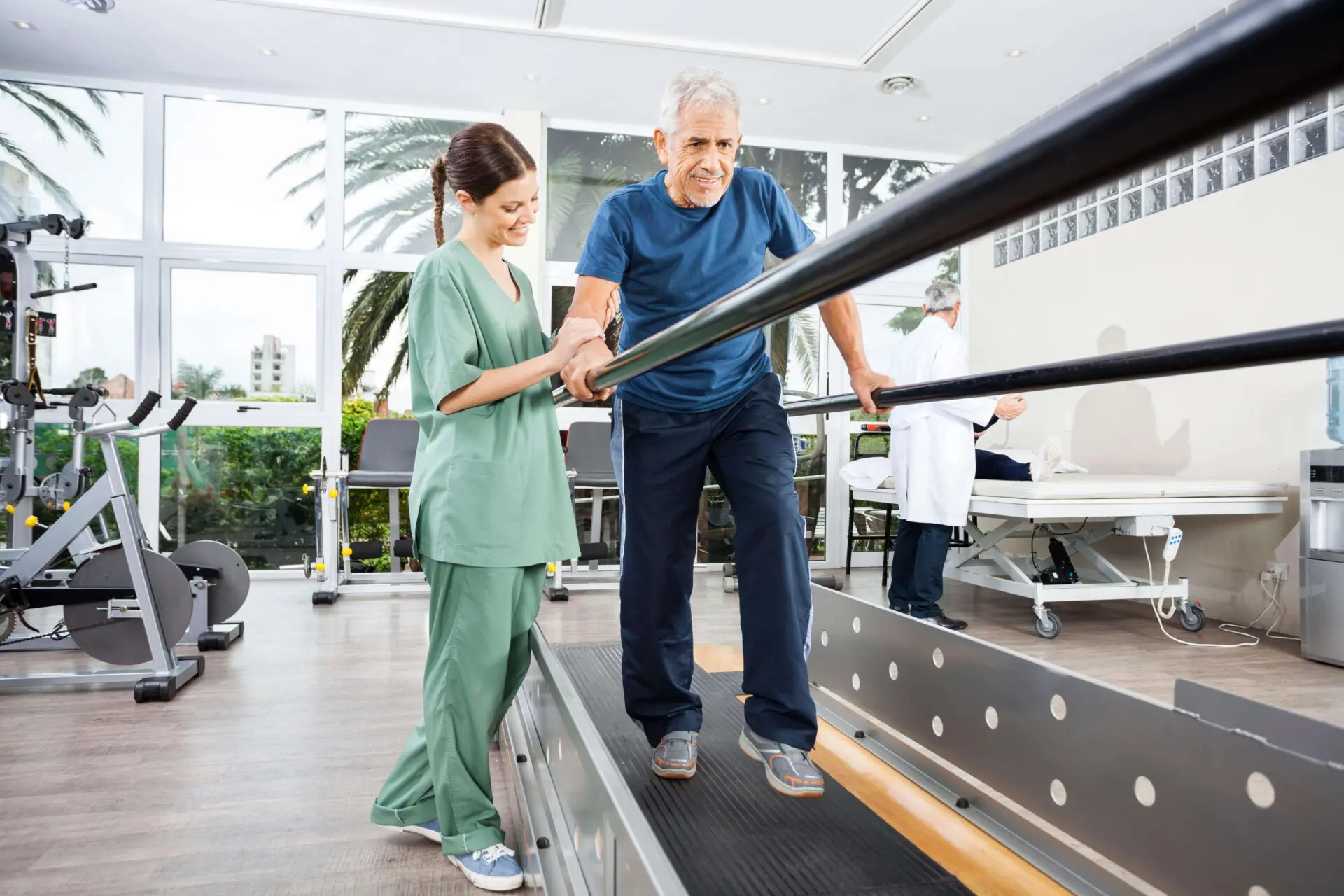Dementia Fall Risk for Dummies
Dementia Fall Risk for Dummies
Blog Article
The Greatest Guide To Dementia Fall Risk
Table of Contents6 Easy Facts About Dementia Fall Risk ExplainedNot known Details About Dementia Fall Risk The Single Strategy To Use For Dementia Fall RiskSome Ideas on Dementia Fall Risk You Should KnowDementia Fall Risk Can Be Fun For Everyone
Based on indications and signs and symptoms, such as proof of head injury or a brand-new focal neurologic deficiency, calculated tomography or MRI of the mind may be indicated. An analysis for sources of syncope need to be performed only if there is strong suspicion, as when it comes to frequent, inexplicable drops.png)
Medical care providers use a fall risk assessment to identify your threat factors for falling and make useful recommendations. Some individuals attempt to lower their loss danger by limiting their task or making every effort to be extra cautious. These well-intentioned actions aren't enough - Dementia Fall Risk. An autumn danger analysis is very important since knowing which factors increase your opportunities of dropping helps you: Reduce your danger of falling or injuring yourself.
All adults 65 years and older ought to have a preliminary autumn threat screening. Have fallen in the past year. Worry about falling.
How Dementia Fall Risk can Save You Time, Stress, and Money.

Explore this comprehensive nursing care plan and management overview to successfully prevent risk for drops amongst clients. Obtain essential understanding about the nursing evaluation, nursing diagnosis, and goals especially tailored to clients that go to risk for falls. A is defined as an occasion that results in a person coming to relax accidentally on the ground or flooring or other reduced degree (WHO, 2021).
According to the Centers for Illness Control and Avoidance (CDC),, creating over 34,000 deaths for that age. Dropping is the 2nd leading reason of fatality from unintended injuries worldwide. Death from falls is a serious and endemic trouble among Recommended Site older individuals. It is approximated that loss death rates in the united state

Each year, over 800,000 people are hospitalized due to the fact that of falls. Nurses play a major duty in protecting against falls for their clients through education and learning, examining fall threat, developing much safer atmospheres, and giving interventions in stopping injuries from falls.
Autumns are due to a number of elements, and an all natural technique to the individual and atmosphere is vital. Intend an individual is considered at high danger for falls after the screening.
Some Known Details About Dementia Fall Risk
A requires utilizing a validated tool that researchers have taken a look at to be valuable in naming the reasons of drops in a person. The level of autumn danger can be figured out making use of the evaluation of intrinsic and extrinsic elements.
People are much more most likely to fall once more if they have actually maintained one or more falls in the previous 6 months. The older population goes to raised danger of fall-related readmissions based on a research determining the variables predictive of repeat falls connected results (Prabhakaran et al., 2020). Individuals with damaged recognition and disorientation might not comprehend where they are or what to do to aid themselves.
Furthermore, complication and impaired judgment increase the person's opportunity of falling. The ability of individuals to safeguard themselves from drops is impacted by such factors as age and advancement. Older people with weak muscles are more probable to drop than those who preserve muscular tissue strength, adaptability, and endurance. These adjustments consist of decreased visual feature, impaired color perception, adjustment in center of mass, unsteady stride, reduced muscle toughness, decreased endurance, transformed depth perception, and postponed feedback and response times.
Facts About Dementia Fall Risk Uncovered
Less comparison level of sensitivity was quite connected with both increased prices of drops and various other injuries, while decreased visual skill was just associated with enhanced autumn rate (Timber et al., 2011). Sensory perception of environmental stimuli is vital to safety. Vision and hearing disability restriction the person's ability to view threats in the surroundings.
Older adults who have poor equilibrium or difficulty strolling are much more likely to fall. These problems may be connected with absence you could try these out of workout or a neurological cause, arthritis, or various other clinical conditions and treatments. An essential risk aspect highlighted in a research is that grownups with rheumatoid joint inflammation are at high risk of drops, consisting of puffy and tender lower extremity joints, fatigue, and usage of psychotropic medicines (Stanmore et al., 2013).
Report this page